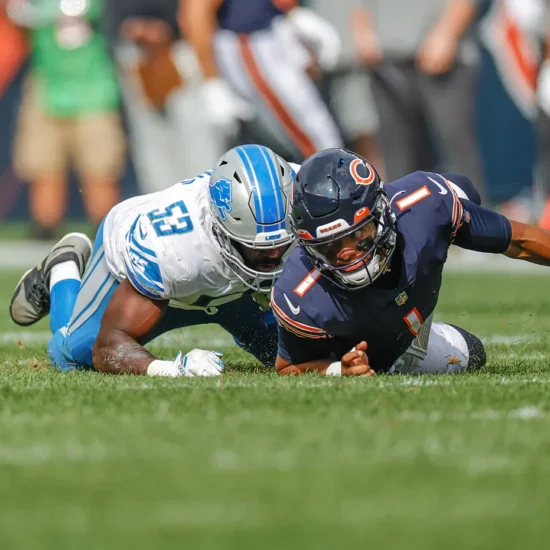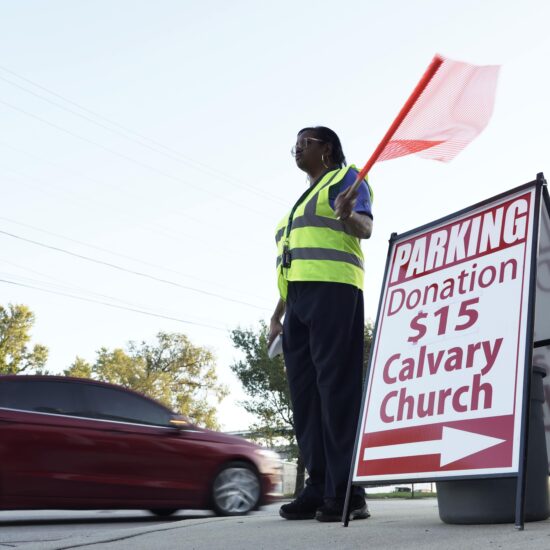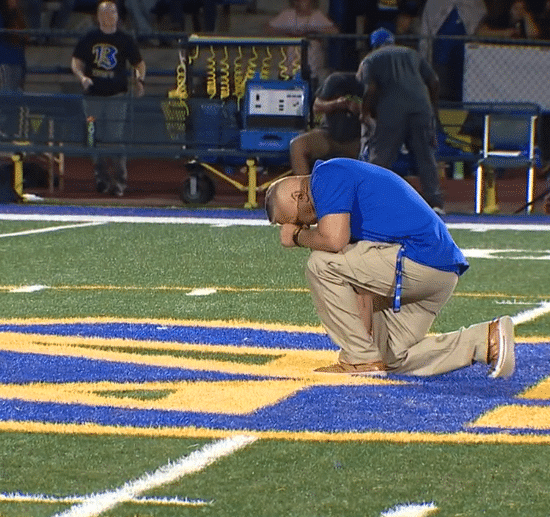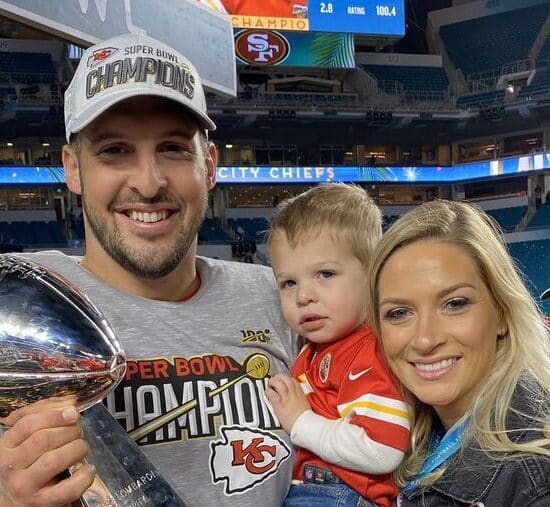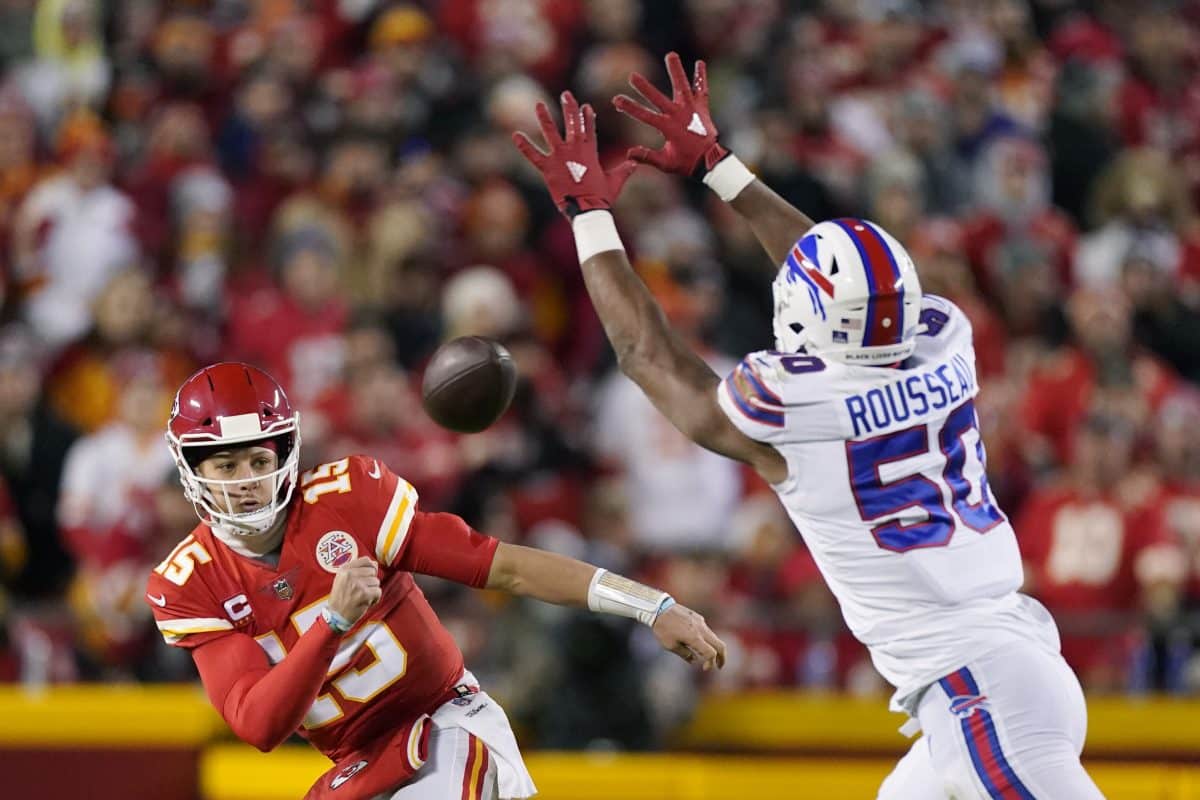
“It was just a little backyard football with a couple of seconds left.”
That’s how Travis Kelce, the star tight end for the Kansas City Chiefs, described the last moments of the 4th quarter during an epic playoff showdown with the Buffalo Bills on Sunday (Jan. 23). In the final two minutes of regulation, the game saw 25 points scored (an NFL postseason record) and multiple lead changes. Gabriel Davis, a Bills receiver, caught four touchdown passes (also a record).
Hearts sank and rose repeatedly. Ultimately, Kansas City pulled off a thrilling victory in overtime when quarterback phenom Patrick Mahomes found Kelce in the endzone. NFL writers and fans are already calling it one of the greatest games of all time. Having both watched the drama unfold, we would readily concur.
The results of the game are well known. Kansas City will now play for the AFC Championship against the Cincinnati Bengals for a shot at their third straight Super Bowl appearance. The Bills sit home after another chapter in the franchise’s hard-luck story.
Yet, there are other consequences from the game that remain less settled. Tyrone Mathieu, a key member of KC’s defense, left the game with a concussion. What long-term effects, if any, will his head injury create? What other chronic pain might emerge years from now from the hours of physical abuse NFL players inflict on their bodies every time they take the field?
Few fans bother to ask these questions while rooting for their favorite team. Adding this moral layer complicates the simple amazement at a beautifully-thrown pass or the collective groan of a well-timed hit. But the billions of dollars involved and the health of other human beings render this more than a game.
 In this edition of A Public Witness, we kickoff with a look at the health-related controversies that have swirled around the NFL. We then ask for an official review of this moral quandary from Christian thinkers past and present. Finally, we send up a Hail Mary that encourages followers of Jesus to think about their sports consumption more faithfully.
In this edition of A Public Witness, we kickoff with a look at the health-related controversies that have swirled around the NFL. We then ask for an official review of this moral quandary from Christian thinkers past and present. Finally, we send up a Hail Mary that encourages followers of Jesus to think about their sports consumption more faithfully.
NOTE: The rest of this piece is only available to paid subscribers of the Word&Way e-newsletter A Public Witness. Subscribe today to read this essay and all previous issues, and receive future ones in your inbox.


